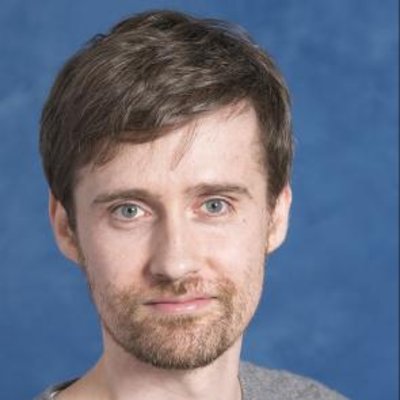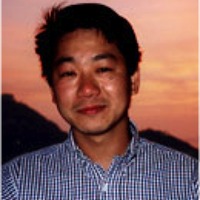
Project Lead
Francis Green
Team Members
Andy Green
Golo Henseke
Nicola Pensiero
Johnny Sung
Neil Kaye
Hao Phan
Description
There has long been interest in lifelong learning in Singapore and how it has evolved over the decades during which Singapore was growing into one of the most successful small knowledge economies in the world. This new research makes use of new national and international data to examine key features of skill formation systems and utilisation. It is a collaboration between LLAKES and the Institute of Adult Learning (IAL) in Singapore.
About
Bearing in mind that work skills are acquired in schools, colleges and workplaces, this research is aiming to throw new light on our understanding of lifelong learning systems. Its primary (but not sole) focus is on new developments in Singapore. Hitherto, there has been little research on the emerging segment of Singapore’s labour market, specifically the graduate labour market. Research in Europe and in some OECD countries outside Europe has recently found innovative ways for validly defining graduate jobs. Such jobs would be expected to be vital in the skills deepening effort, and we now have the opportunity to study Singapore’s graduate labour market in detail, using the lens of the graduate job. Through qualitative research with policy-makers and stakeholders, the research is extended to analysing all stages of Singapore’s lifelong learning system, drawing on but also refining conventional typologies. The research also draws on the OECD PISA and PIAAC data to explore the variation across countries (including Singapore) in changes in levels and distributions of core skills (Literacy, Numeracy and Problem-Solving) through the life course.
The research broadly involves two parts:
Research Questions
Research Project 1
- RQ1.1: What are graduate jobs in Singapore today? What occupations are situated at the margin between graduate and non-graduate jobs?
- RQ1.2: Using the derived indicator of graduate jobs, what is the state of the graduate labour market, how has it changed and has this affected the fortunes of incumbent and recent graduates?
- RQ1.3: Who accesses graduate level jobs successfully, what are the driving factors, and how do graduates get on in their career?
Research Project 2
- RQ2.1: How does the level and distribution of core skills change through the lifecourse in Singapore and elsewhere?
- RQ2.2: How far, if at all, do lifelong learning system types and characteristics (in post-compulsory education and training and adult learning) explain cross-country variations in skills levels and distributions, taking account of cross-country differences in external contexts?
- RQ2.3: How can Singapore’s lifelong learning institutions and policy be characterised within a typology of lifelong learning systems worldwide?
Research Methodology
Research Project 1
The research method involves quantitative analysis to derive a graduate job indicator for Singapore’s occupations using tasks and skills utilisation data as the basis for operationalising the concept, rather than rely on traditional definitions of graduate jobs. This is being used to examine the state of the graduate labour market. Complex multivariate statistical methods are deployed to examine the individual determinants of attaining graduate level work. The role of parental background, and different higher education institutions and fields of study are also going to be studied, where data permits.
Research Project 2
The research is adopting a mixed-method approach. The quantitative analysis is investigating differences across countries in changes in skills levels and distributions during the post-compulsory and tertiary phases of education and training and the system factors that may explain them. On the qualitative side, the intention is to extend and refine the traditional typologies of lifelong learning systems through a review of salient characteristics identified in recent research and through new qualitative research on Singaporean post-compulsory and adult education.
Funders: Institute for Adult Learning, part of the Singapore University of Social Science
Funding information: 1st July 2019 to 31st July 2021

Principal Investigator

Researcher

Researcher

Researcher

Adviser

Researcher

Researcher



Publications
Golo Henseke and Francis Green (2020). Singapore’s Graduate Labour Market, 2013/2017: A Task-based Analysis, Research Paper 68, Centre for Learning and Life Chances in Knowledge Economies and Societies.
Andy Green, Neil Kaye, Nicola Pensiero and Hao Phan (2021). The Effects of System Type and System Characteristics on Skills Acquisition in Upper Secondary Education and Training. Research Paper 69, Centre for Learning and Life Chances in Knowledge Economies and Societies.
Andy Green & Neil Kaye (2022) The effects of system type and characteristics on skills inequalities during upper secondary education: a quasi-cohort analysis of OECD data, Research Papers in Education, DOI: 10.1080/02671522.2022.2150884
| Full Name | Role | Uni/dept | |
| Professor Francis Green | Principal Investigator | UCL Institute of Education | |
| Professor Andy Green | Strand Leader | UCL Institute of Education |




